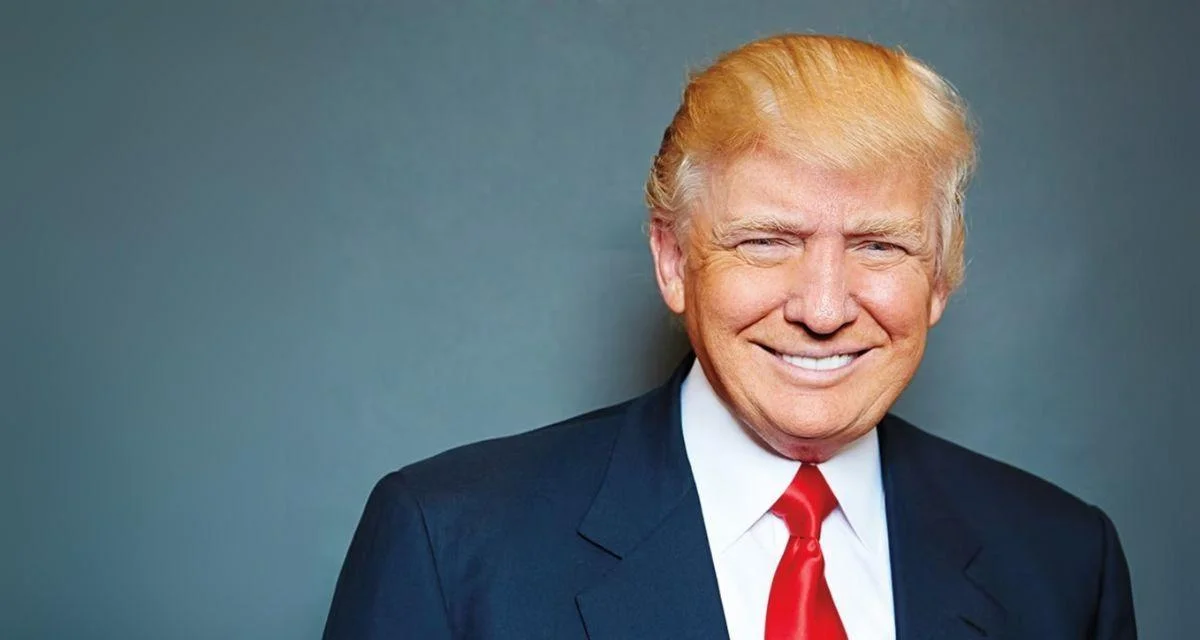President Donald J. Trump has signed an Executive Order imposing a new 40% tariff on Brazilian imports, raising the total tariff to 50%. The measure comes in response to actions and policies by the Government of Brazil that the White House says pose an “unusual and extraordinary threat” to U.S. national security, foreign policy, and economic interests.
According to the order, which invokes presidential powers under the International Emergency Economic Powers Act of 1977 (IEEPA), recent moves by Brazilian authorities have harmed U.S. companies and infringed upon free speech rights of Americans. The order also cites concerns about politically motivated prosecution and censorship in Brazil.
The White House stated, “The Order finds that the Government of Brazil’s politically motivated persecution, intimidation, harassment, censorship, and prosecution of former Brazilian President Jair Bolsonaro and thousands of his supporters are serious human rights abuses that have undermined the rule of law in Brazil.”
U.S. officials allege that members of Brazil’s government have pressured American companies to censor political content, threatened them with fines or criminal charges for non-compliance with court orders, demanded access to user data, or otherwise interfered with their business operations. The administration argues these actions threaten not only commercial interests but also efforts to promote free elections and fundamental rights globally.
“For example, since 2019, Brazilian Supreme Court Justice Alexandre de Moraes has abused his judicial authority to threaten, target, and intimidate thousands of his political opponents, shield corrupt allies, and suppress dissent, often in coordination with other Brazilian officials, including other justices on Brazil’s Supreme Federal Court, to the detriment of U.S. companies operating in Brazil,” reads part of the statement from the White House.
Justice de Moraes is said to have issued numerous secret orders demanding removal of online content critical of him or other officials. In some cases where U.S.-based social media firms declined compliance with these demands due to U.S. laws or company policies regarding speech protections, penalties included substantial fines and threats against executives.
“In fact, in addition to jailing individuals without trial for social media posts, Justice de Moraes is currently overseeing the Government of Brazil’s criminal prosecution of Paulo Figueiredo, a U.S. resident, for speech he made on U.S. soil, and has supported criminal investigations into other U.S. persons after they exposed his gross violations of human rights and corruption,” according to administration officials.
President Trump said he is acting “to defend American companies from extortion” as well as protect citizens’ free speech from what he called arbitrary foreign edicts.
“By imposing these tariffs to address the Government of Brazil’s reckless actions,” President Trump stated in announcing the measures,“President Trump is protecting the national security, foreign policy, and economy of the United States from a foreign threat.”
Earlier this year Secretary Rubio announced visa restrictions targeting individuals involved in censorship activities affecting Americans; visas were subsequently revoked for Justice de Moraes as well as several colleagues on July 18 at President Trump’s direction.
“Preserving and protecting the free speech rights of all Americans and defending American companies from coerced censorship will remain at the forefront of President Trump’s America First foreign policy strategy,” read another section from Wednesday's announcement.
Trump administration officials say tariffs are being used once again as a tool for advancing what they describe as America’s interests abroad while countering threats they identify as urgent or extraordinary.

